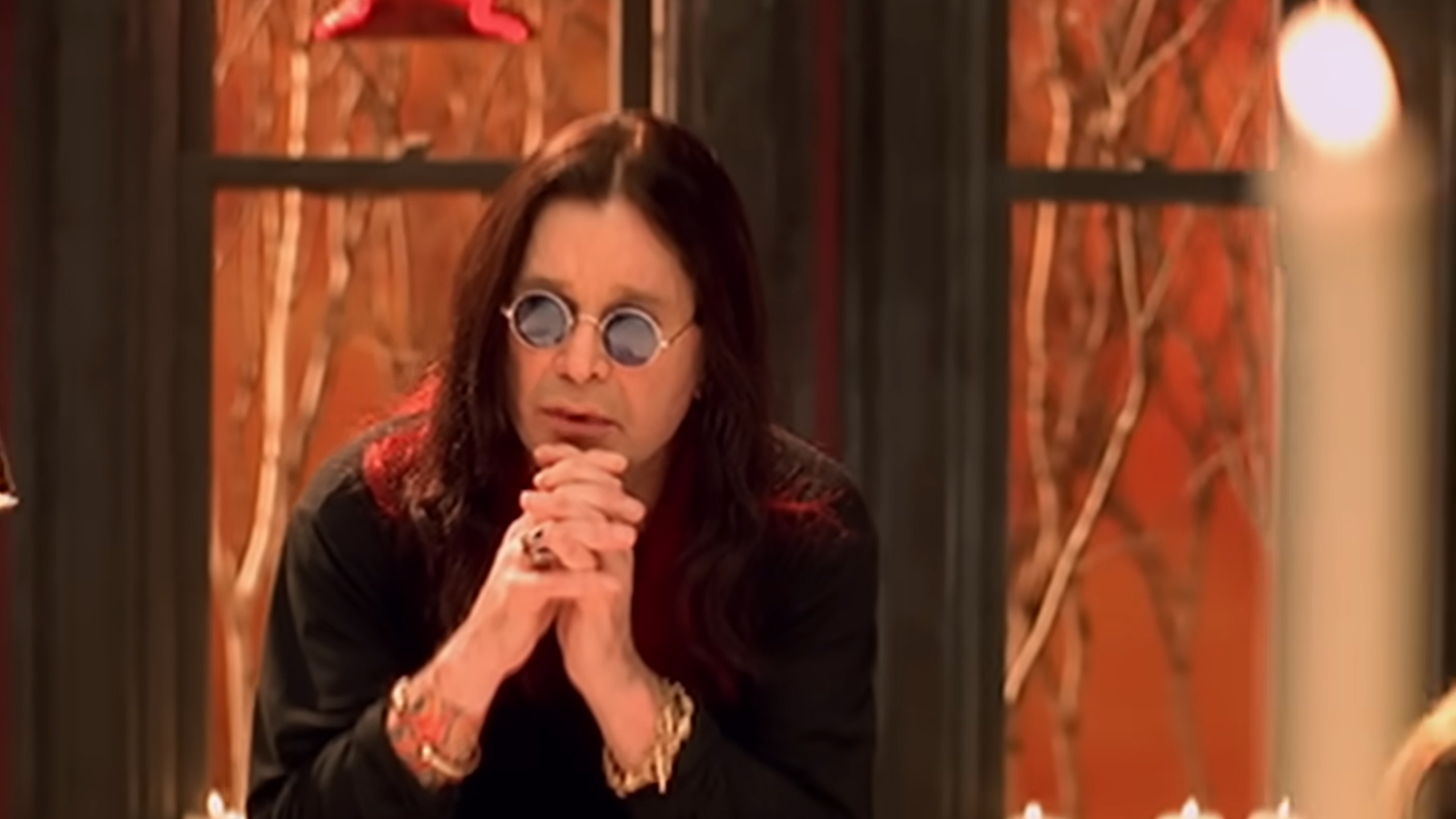What Killed Ozzy Osbourne? Understanding His Heart Attack and Final Diagnosis
Ozzy Osbourne's cause of death confirmed as acute myocardial infarction here's what it means and why it's so deadly.

Ozzy Osbourne, the legendary 'Prince of Darkness' who defined the sound of heavy metal for generations, died at his Buckinghamshire home on 22 July 2025, aged 76. According to his death certificate, the rock icon suffered a heart attack brought on by acute myocardial infarction, with Parkinson's disease and coronary artery disease contributing to his death.
The document, signed by his daughter Aimee, confirms that Osbourne went into cardiac arrest after years of battling serious health problems. His passing marked the end of a remarkable career spanning more than five decades, from fronting Black Sabbath to delivering a defiant final performance just 17 days before his death.
What Did He Die Of?
The official cause was acute myocardial infarction, the medical term for a heart attack, which occurs when blood flow to the heart is blocked, often by a clot. In Osbourne's case, it triggered an out-of-hospital cardiac arrest.
The certificate also listed Parkinson's disease with autonomic dysfunction, a condition that can disrupt blood pressure and heart rate, and coronary artery disease, a chronic illness that narrows the arteries and increases the risk of heart complications.
When Did It Happen?
Osbourne died less than three weeks after his final public appearance. On 5 July 2025, he took to the stage at Villa Park in Birmingham for the 'Back to the Beginning' benefit concert. Despite being visibly unwell and performing seated on a throne, he delivered a powerful farewell alongside the original Black Sabbath line-up.
His death followed years of declining health, including multiple surgeries and a Parkinson's diagnosis in 2019. While fans knew he had been unwell, the timing still came as a shock.
Where Was He?
He passed away at his home in Buckinghamshire, a quiet rural area in south-east England. Emergency services were called and a helicopter from Thames Valley Air Ambulance arrived quickly.
Advanced medical teams worked for nearly two hours in an attempt to save him, but he was pronounced dead at the scene.
Who's Left Behind?
Osbourne is survived by his wife Sharon and their children Jack, Kelly and Aimee. He was also a grandfather. Tributes poured in from fans, fellow musicians and even political figures, remembering his larger-than-life personality and immense contribution to music.
On 30 July, thousands lined the streets of Birmingham for a public procession to honour the city's most famous son. A private funeral for family and close friends followed soon after.
Why Does This Matter?
For years, speculation surrounded Osbourne's health. He had spoken openly about Parkinson's disease and the lasting effects of previous injuries, leading some to believe these might have been the cause of his death.
The death certificate confirmed that a heart attack was the primary cause, compounded by chronic conditions. It serves as a reminder that underlying illnesses, even when managed, can still be life-threatening.
How Did It All Unfold?
Reports indicate that Osbourne collapsed at home early in the day. Emergency responders arrived swiftly, with Thames Valley Air Ambulance providing critical care. Despite their efforts, he could not be revived.
No foul play or unusual circumstances were reported. His daughter Aimee later filed the death certificate in London, and no post-mortem examination was required due to his well-documented medical history.
What's His Legacy?
Ozzy Osbourne was more than a singer. He transformed rock music, pioneered heavy metal and managed to stay culturally relevant for decades, even venturing into reality television.
His last performance raised money for Parkinson's research and mental health charities. Despite his frailty, he made sure to give fans one final show — a fitting farewell for a man who lived, and performed, without restraint.
Now, with the official details confirmed, his family, friends and millions of fans are remembering him not for the way he died, but for the way he lived: loudly, unapologetically and entirely on his own terms.
© Copyright IBTimes 2025. All rights reserved.





















